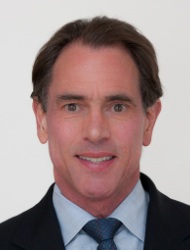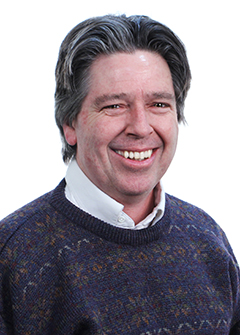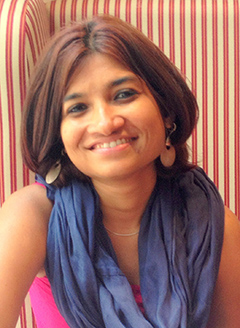Posted 3:42 p.m. Friday, Sept. 11, 2015

A UWL conference will bring together six leading scholars in the fields of economic history and new institutional economics Friday, Sept. 25.
 Lee Alston[/caption]
The conference brings together six leading scholars in the fields of economic history and new institutional economics. It will address economic growth and development as well as the role that institutions play in enhancing and hindering that growth. The conference from 9 a.m.-5 p.m. includes multiple sessions and is free and open to all.
Lee Alston, professor of Economics at the University of Indiana, will give a keynote address at 2:30 p.m. focused on the relationship between economic history and new institutional economics. He will highlight how the two subjects contribute to greater understanding of where we have been, how we have gotten to where we are today and how we can use that knowledge to better determine how policy changes today will affect our world tomorrow.
[caption id="attachment_43600" align="alignleft" width="190"]
Lee Alston[/caption]
The conference brings together six leading scholars in the fields of economic history and new institutional economics. It will address economic growth and development as well as the role that institutions play in enhancing and hindering that growth. The conference from 9 a.m.-5 p.m. includes multiple sessions and is free and open to all.
Lee Alston, professor of Economics at the University of Indiana, will give a keynote address at 2:30 p.m. focused on the relationship between economic history and new institutional economics. He will highlight how the two subjects contribute to greater understanding of where we have been, how we have gotten to where we are today and how we can use that knowledge to better determine how policy changes today will affect our world tomorrow.
[caption id="attachment_43600" align="alignleft" width="190"] Mike Haupert[/caption]
Examples of topics that can be better understood through economic history and new institutional economics include the recent negotiations between Europe, the U.S. and Iran over their nuclear programs, which are steeped in institutional complications and historical relationships, explains Mike Haupert, UWL professor of Economics.
Similarly, the recent financial crisis in Greece and the difficult negotiations with the European community about bailing it out raised serious questions about the future operation of the Greek economy and its political structure, says Haupert.
“Without a good understanding of the institutional structures of Greece and its European neighbors we cannot possibly understand how this crisis evolved or how it can be addressed,” he added.
[caption id="attachment_43603" align="alignright" width="190"]
Mike Haupert[/caption]
Examples of topics that can be better understood through economic history and new institutional economics include the recent negotiations between Europe, the U.S. and Iran over their nuclear programs, which are steeped in institutional complications and historical relationships, explains Mike Haupert, UWL professor of Economics.
Similarly, the recent financial crisis in Greece and the difficult negotiations with the European community about bailing it out raised serious questions about the future operation of the Greek economy and its political structure, says Haupert.
“Without a good understanding of the institutional structures of Greece and its European neighbors we cannot possibly understand how this crisis evolved or how it can be addressed,” he added.
[caption id="attachment_43603" align="alignright" width="190"] Nabamita Dutta[/caption]
Conference organizers Haupert and Nabamita Dutta, associate professor of Economics, call this the first conference on these combined topics. Economics history, which focuses on the determinants of economic growth over the long run, has been around for more than a century. The field of new institutional economics has been around for only a couple of decades. Founded by Nobel Laureate Douglass North, the field brings together the fields of political science, anthropology, sociology, law, and economics and history.
The targeted audience for the conference is faculty from different disciplines, UWL students and local community members including business groups.
See the full agenda
View the line up of speakers
For more information and to register visit http://www.uwlax.edu/conted/economics/
Nabamita Dutta[/caption]
Conference organizers Haupert and Nabamita Dutta, associate professor of Economics, call this the first conference on these combined topics. Economics history, which focuses on the determinants of economic growth over the long run, has been around for more than a century. The field of new institutional economics has been around for only a couple of decades. Founded by Nobel Laureate Douglass North, the field brings together the fields of political science, anthropology, sociology, law, and economics and history.
The targeted audience for the conference is faculty from different disciplines, UWL students and local community members including business groups.
See the full agenda
View the line up of speakers
For more information and to register visit http://www.uwlax.edu/conted/economics/